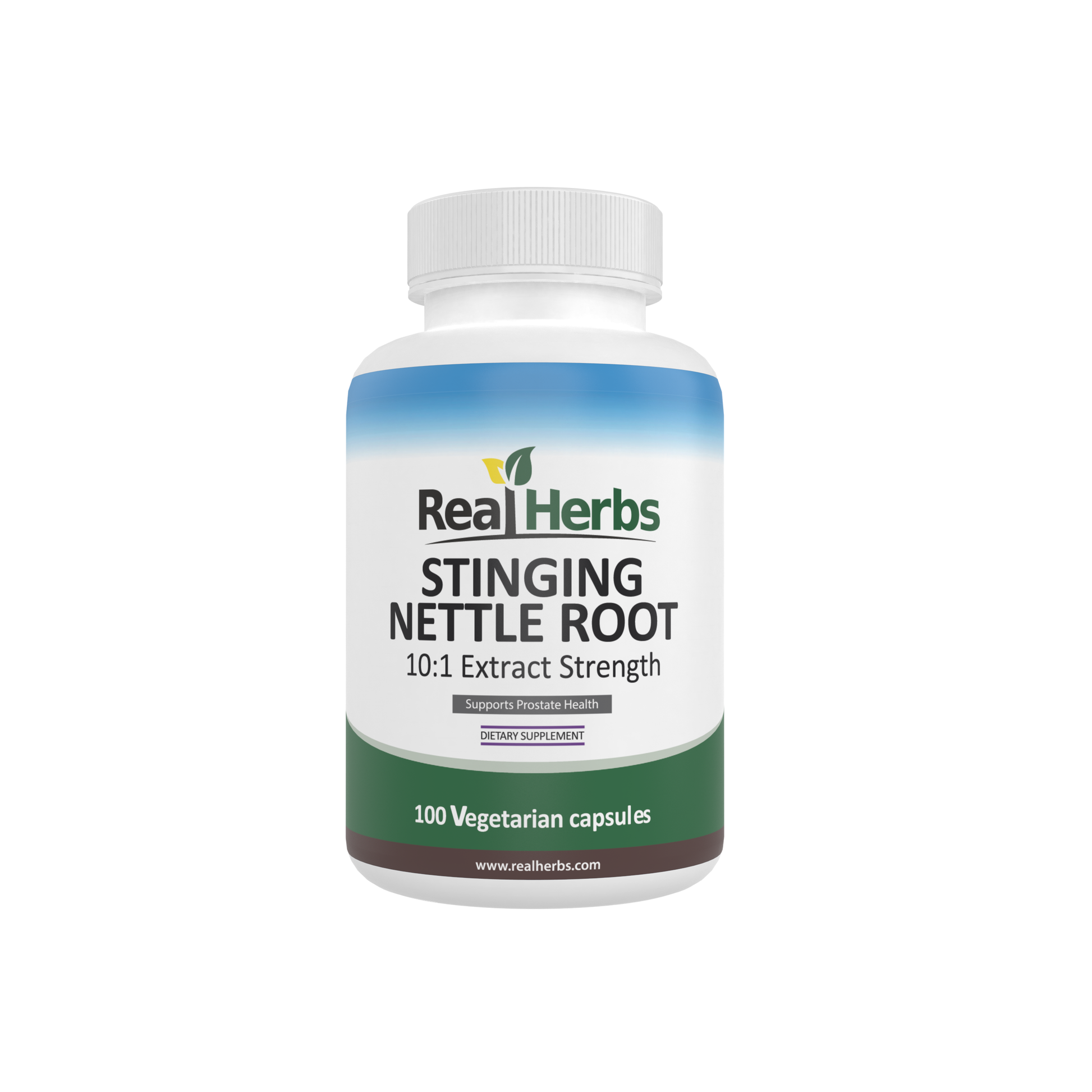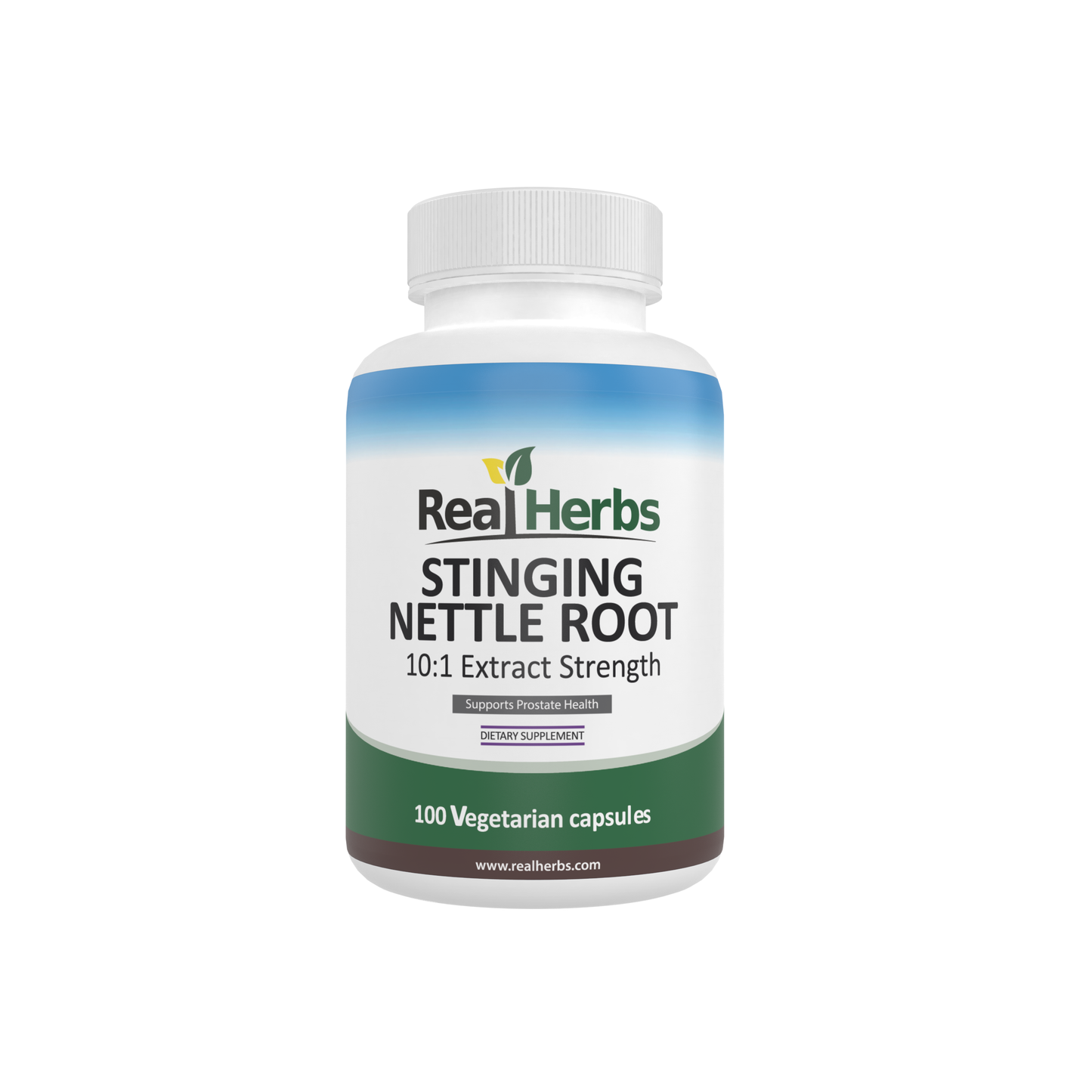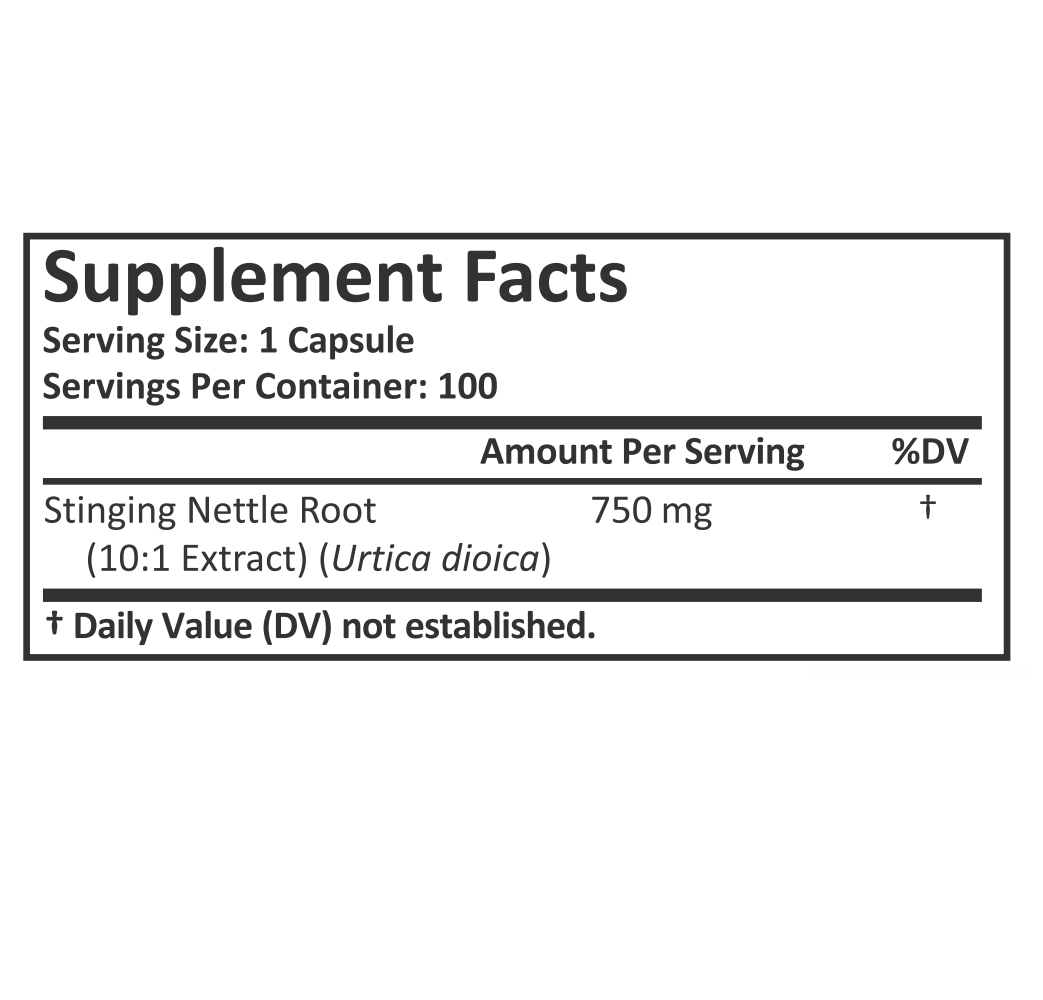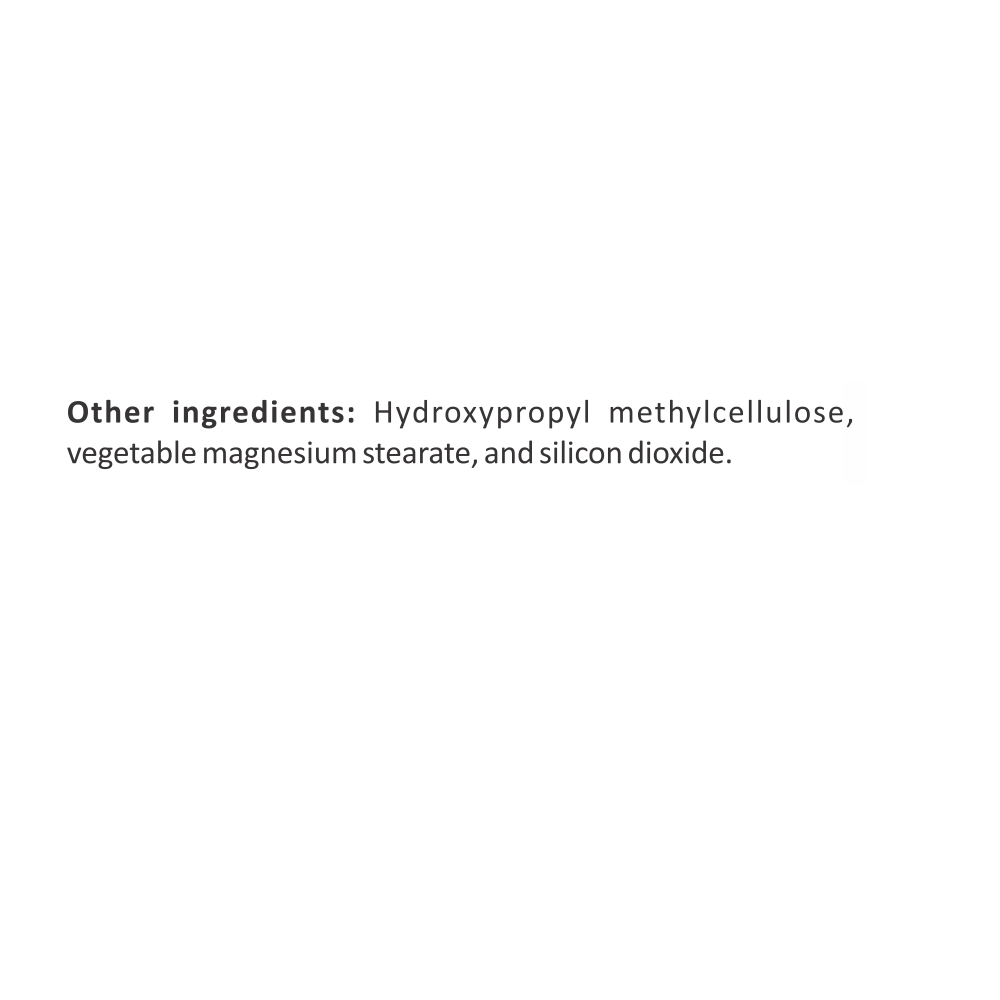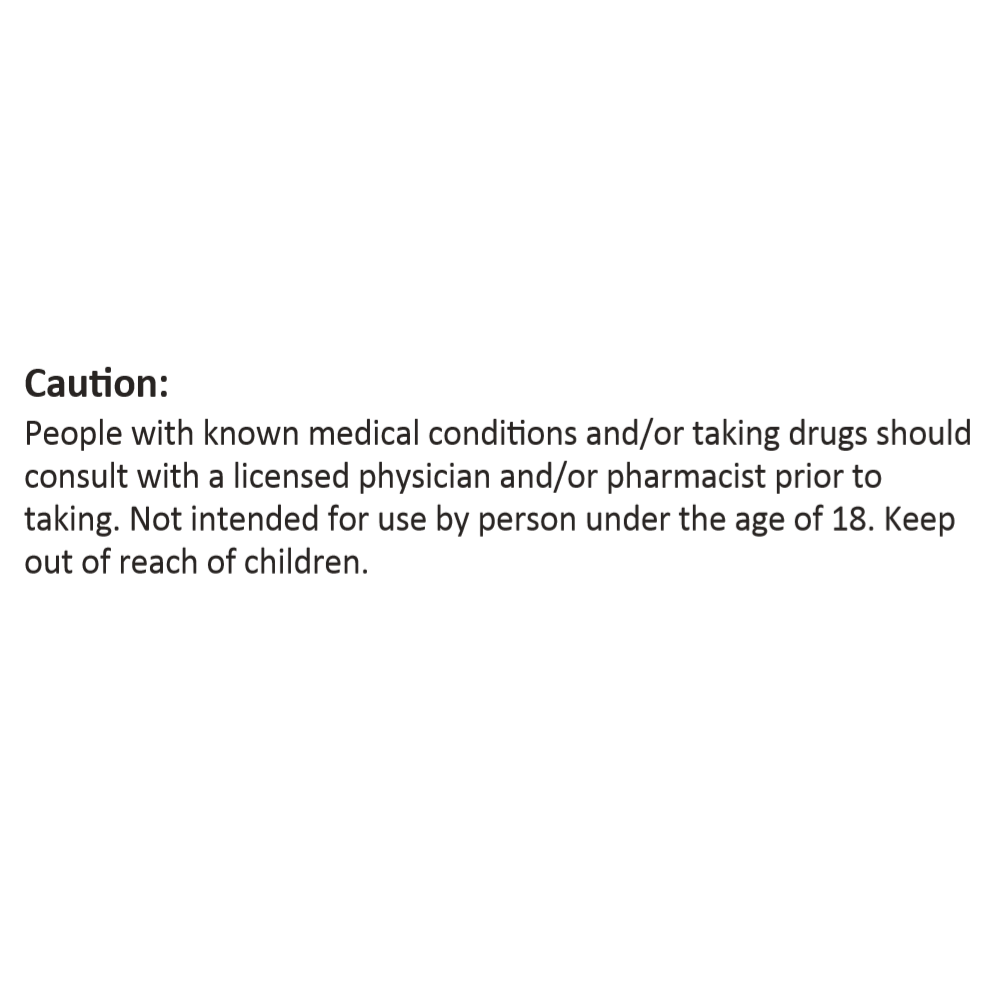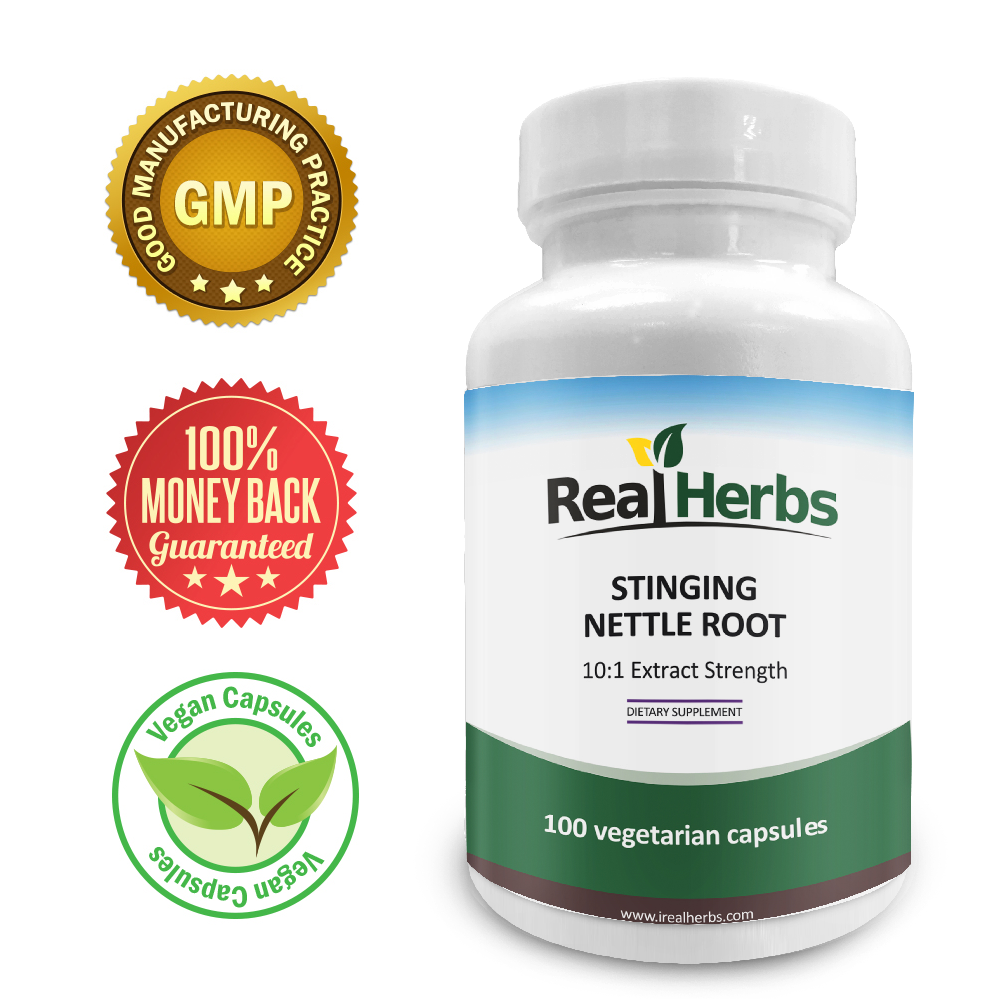Have you ever wondered if there's a natural way to address concerns related to dihydrotestosterone (DHT), such as hair loss or prostate issues? Stinging nettle root has gained attention for its potential ability to block DHT and potentially provide relief for these conditions. In this article, we will delve into the relationship between stinging nettle root and DHT, exploring the existing research to uncover the truth behind this claim.
Understanding DHT: Dihydrotestosterone (DHT) is a hormone derived from testosterone that plays a vital role in male sexual development and function. However, excessive DHT levels have been associated with various health concerns, including male pattern baldness and enlarged prostate. Understanding the impact of DHT on these conditions highlights the importance of finding effective solutions.
Stinging Nettle Root Overview: Stinging nettle root, scientifically known as Urtica dioica, has a rich history of traditional use in herbal medicine. Apart from potential DHT-blocking effects, stinging nettle root is renowned for its anti-inflammatory properties and its potential to alleviate allergies. These additional benefits make it a fascinating herb to explore for various health concerns.
The Relationship Between Stinging Nettle Root and DHT: Numerous studies have been conducted to investigate the effects of stinging nettle root on DHT levels. One proposed mechanism suggests that stinging nettle root inhibits the enzyme 5-alpha-reductase, responsible for converting testosterone into DHT. By reducing DHT production, stinging nettle root may help mitigate the associated health issues.
Evidence Supporting Stinging Nettle Root's Effectiveness: Several studies have provided promising evidence of stinging nettle root's potential to block DHT. In a randomized controlled trial published in the Journal of Herbal Pharmacotherapy, researchers found that stinging nettle root extract significantly reduced DHT levels in participants with benign prostatic hyperplasia (BPH). Another study published in Planta Medica observed similar results, showcasing the potential of stinging nettle root as a DHT blocker.
However, it's important to note that not all studies have reached the same conclusions. Some research has shown mixed or inconclusive results regarding stinging nettle root's effectiveness in blocking DHT. Further investigation is necessary to clarify the full extent of its benefits.
Other Considerations: While stinging nettle root shows promise in blocking DHT, it's essential to consider potential side effects and interactions. Like any supplement, stinging nettle root may have adverse effects or interact with certain medications. Consulting a healthcare professional before starting any new supplement regimen is crucial to ensure safety and efficacy.
Additionally, it's important to approach DHT-related issues holistically. Stinging nettle root may be a valuable addition to a comprehensive treatment plan that includes lifestyle modifications, a balanced diet, and other targeted therapies. Understanding the broader context of managing DHT-related concerns can lead to more effective and personalized approaches.
Conclusion: In conclusion, stinging nettle root shows potential as a natural DHT blocker. While some studies suggest its effectiveness in reducing DHT levels, further research is needed to establish its full capabilities. As with any health-related decision, it is advisable to consult a healthcare professional before incorporating stinging nettle root or any new supplement into your routine. By combining scientific knowledge with expert guidance, you can make informed choices for your overall well-being.
Additional Resources:
- Study: "Efficacy and Tolerability of a Combination of Sabal and Urtica Extract in Lower Urinary Tract Symptoms—Long-term Follow-up of a Placebo-controlled, Double-blind, Multicenter Trial" (Journal of Herbal Pharmacotherapy)
- Study: "Effect of Extracts

